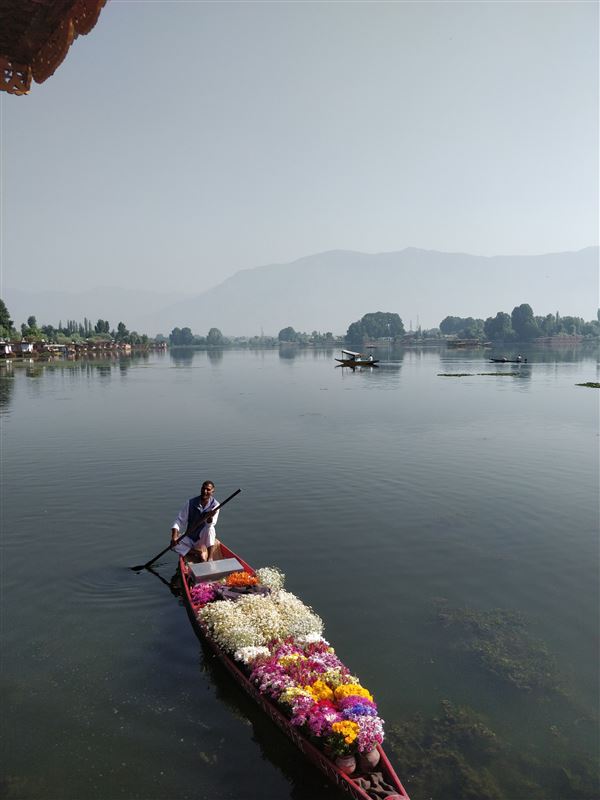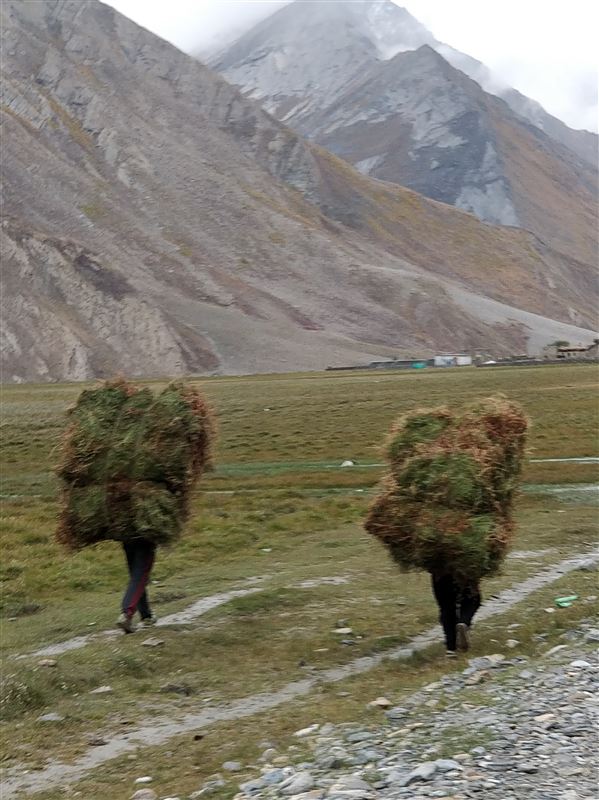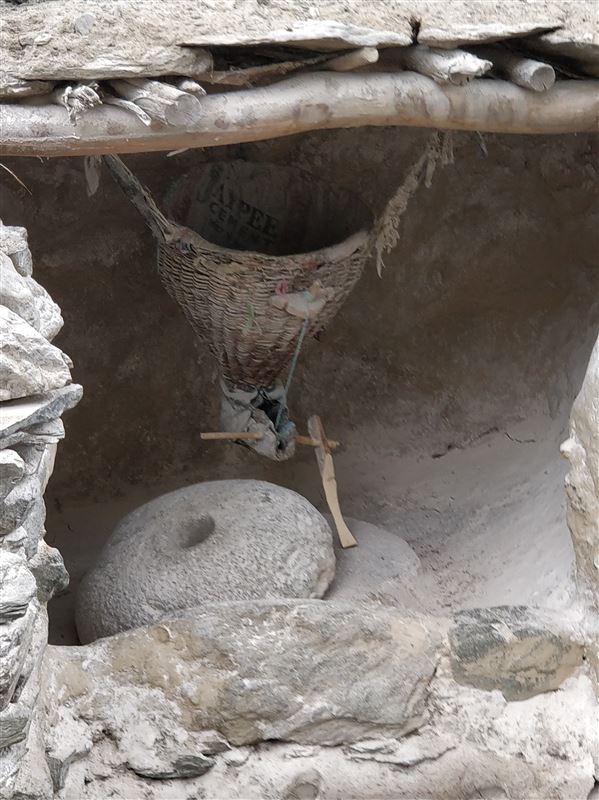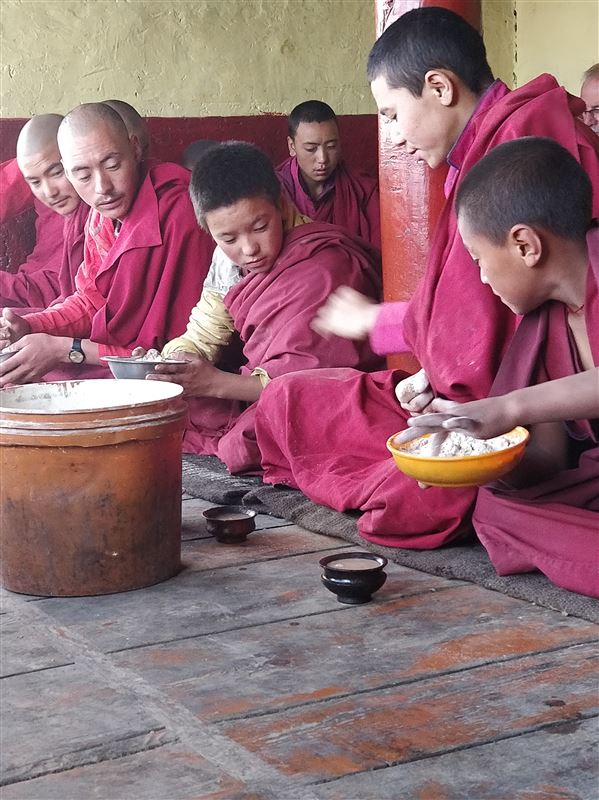+91-9596812829, +91-9469724612
mutup4@gmail.com
- Home
- General Info
- Destinations
- Ladakh
- Trekking
- Markha Valley Trek from Chilling
- Markha via Ganda La Pass
- Markha Rupsho Trek
- Chadar Trek – The Frozen River Trek
- Home Stay Lower Ladakh
- Kashmir and Zanskar Trek
- Zanskar Trek and Kashmir
- Ladakh Zanskar Kashmir Tour
- Lower Ladakh and Kashmir Tour
- Rumtse – Tsomoriri Trek
- Zanskar Trek
- Dune and Nomad Tour
- Mountain Expeditions
- Package Tours
- Trekking
- India
- Bhutan
- Ladakh
- Testimonials
- Photo Gallery
- Contact









